- Home›
- Healthy Living›
- 6 Healthy Herbs And Spices You Must Consume
6 Healthy Herbs And Spices You Must Consume
By: Priyanka Maheshwari Mon, 22 Jan 2024 11:08:08
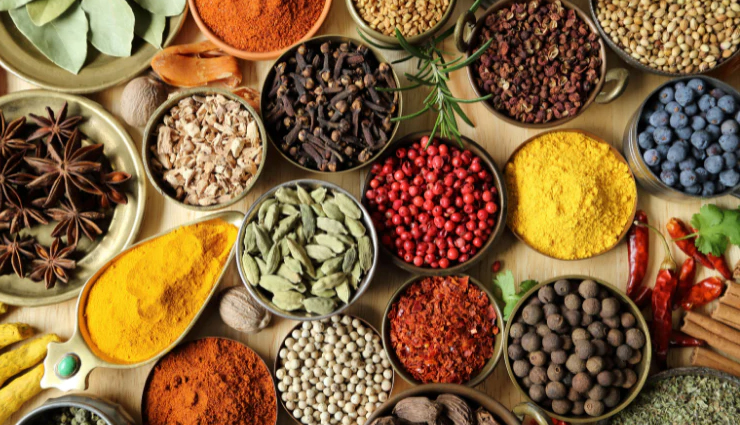
The harmonious partnership of herbs and spices is a staple in every Indian kitchen, serving a purpose beyond mere flavor enhancement. These versatile ingredients not only add taste but also boast a diverse array of health benefits. Although they may appear similar, they are employed for distinct purposes.
A myriad of herbs and spices not only elevate the taste profile of dishes but also provide therapeutic advantages. Laden with potential health benefits, they serve as excellent sources of antioxidants.
Antioxidants play a crucial role in promoting overall health by combating free radicals. Consequently, the antioxidant properties found in herbs can contribute to weight loss, heart health, managing high blood pressure, and addressing type 2 diabetes.
So, what should one understand about herbs and spices?
The association of culinary herbs and spices is often made with Asian and African cuisines, given that these regions are primary sources of these ingredients. However, what distinguishes them? Herbs, typically plant leaves, can be consumed in their fresh or dried forms.
Spices, on the other hand, are the dried versions of herbs, and they are crafted from plant bark and roots. Cinnamon, turmeric, and ginger, for instance, derive from plant bark and roots, while sage, peppermint, and parsley are examples of herbs sourced from plant leaves.
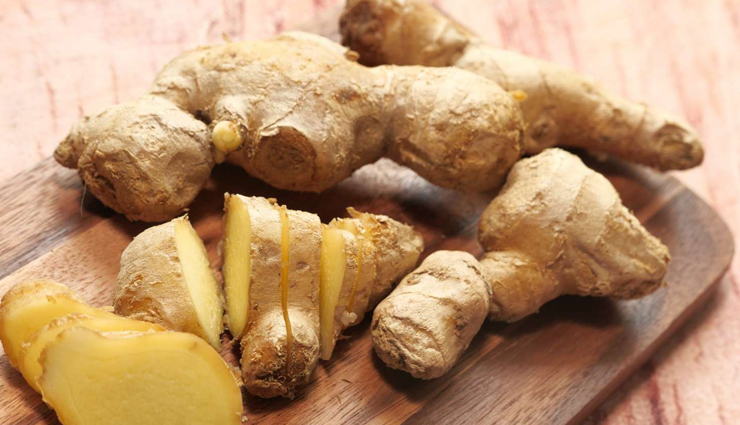
# Ginger
Ginger can be applied for therapeutic purposes in various forms, including raw, powdered, juiced, or as an oil. Its prominent use is widely recognized as an anti-nausea remedy, proving beneficial even in alleviating nausea induced by chemotherapy or related to illness or pregnancy.
In addition to its anti-nausea properties, ginger exhibits potential in managing blood sugar levels. Several studies suggest that the anti-inflammatory antioxidants and compounds present in ginger contribute to safeguarding brain function with aging, reducing the risk of colon cancer, and slowing the onset of Alzheimer's disease. Notably, it is embraced as a supplement by those engaged in regular physical exercise.
Beyond its medicinal applications, ginger is a ubiquitous addition to everyday cuisine, imparting flavor and spice. Its reputation is predominantly associated with a diverse range of medicinal properties.
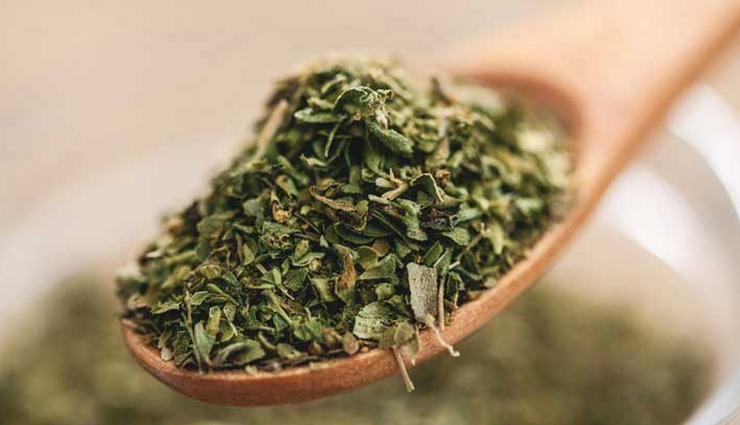
# Oregano
Considered a culinary essential that imparts delightful flavor to a variety of savory dishes, not to mention its excellent enhancement of pizza slices, oregano, also known as wild marjoram, stands out as a rich source of vitamin K.
Originating from Europe, the Mediterranean, and Asia, oregano is a versatile herb with a broad spectrum of applications. Surprisingly, its antioxidant content per gram surpasses that of an apple by a factor of 42.
Oregano can be utilized as a garnish in various forms—dried, fresh, or pressed into herb oil. Abundant in antioxidants, it aids in combating free radicals, the accumulation of which is linked to the development of chronic illnesses.
Several studies suggest that oregano oil may possess antibacterial and antifungal properties. The antioxidants carvacrol and thymol, prevalent in oregano, have been identified as key contributors. These antioxidants not only have the potential to alleviate viral symptoms but also exhibit anti-inflammatory effects. The anti-inflammatory properties of oregano may play a role in slowing the onset of autoimmune diseases, diabetes, and cardiac issues.
In addition to its impressive health benefits, oregano serves as a delightful addition to sauces, salads, salad dressings, meat seasonings, soups, and stews.

# Cinnamon
The current star among Asian spices, native to Sri Lanka and Myanmar but cultivated globally, particularly in Vietnam, South America, and the West Indies, is derived from the inner bark of a tree.
Initially a rare and precious spice discovered by the Portuguese in the 16th century, it is now available in both stick and powder forms, offering a wealth of antioxidants.
Beyond its antioxidant richness, it boasts anti-inflammatory properties that may reduce insulin resistance, making it a potential ally in weight loss and longevity.
Cinnamon is abundant in polyphenols, a type of antioxidant, and research indicates its potent anti-inflammatory attributes, lowering the risk of chronic diseases.
The spice enhances insulin sensitivity, providing relief for specific diabetes symptoms, and its antimicrobial qualities may contribute to improved dental health.
Whether used as a sweet addition to savory recipes and desserts or incorporated into morning coffee for enhanced flavor and nutrients, cinnamon proves to be a versatile and beneficial spice in culinary endeavors.
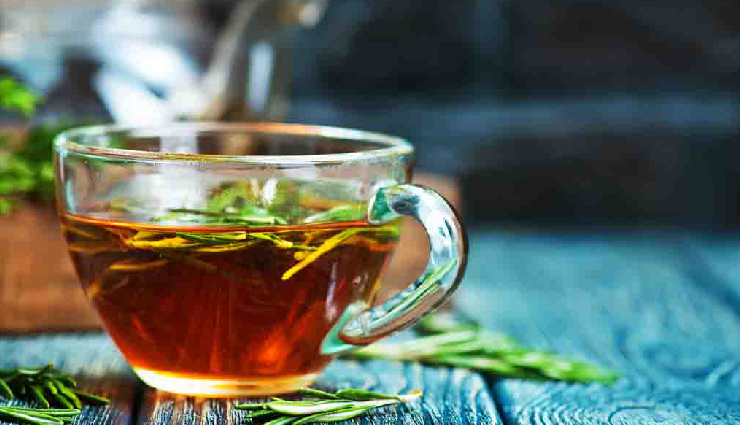
# Rosemary
Hailing from the Mediterranean region, rosemary is an evergreen plant that finds its place in herbal teas and culinary creations, whether in its fresh or dried form.
Abundant in minerals such as manganese, magnesium, potassium, and various vitamins, including vitamin A (beta-carotene), vitamin C, and vitamin B6, rosemary is a nutritional powerhouse.
Drawing from its antibacterial and antimicrobial properties, traditional medicine has incorporated rosemary leaves for therapeutic purposes. Studies indicate that rosemary contains acids with the potential to inhibit tumor growth, particularly in cases of leukemia, breast, and prostate cancer. Additionally, rosemary aids in alleviating seasonal allergies.
Widely employed in popular spice blends, savory recipes, and seasonal dishes, rosemary's delightful aroma also earns it a place in essential oils, where it can be diffused for aromatic enjoyment.
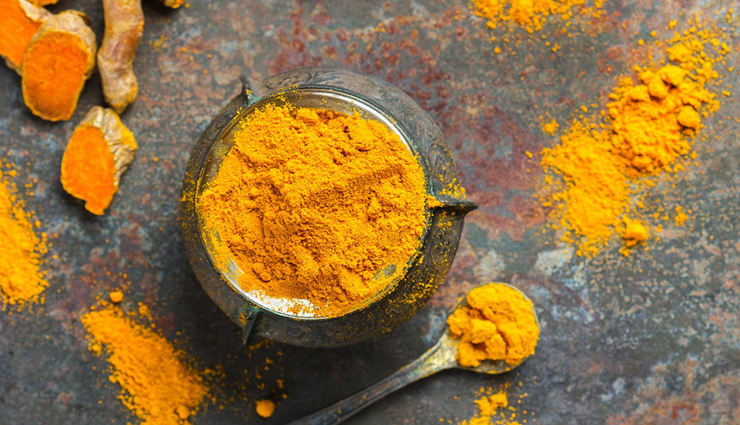
# Turmeric
Turmeric, derived from roots, is the golden spice commonly featured in many Indian curries, offering numerous health benefits. Its use spans decades, serving both medicinal purposes and enhancing the flavors of Indian cuisines.
Turmeric contains curcumin, a substance rich in anti-inflammatory and antioxidant properties, which contributes to its reputation as a potent anti-inflammatory agent. Studies suggest that curcumin, the compound found in turmeric, may also possess antidepressant properties.
Researchers have explored the consumption of curcumin in conjunction with cancer therapies, revealing its potential impact on the rate of malignant cell growth. Some studies even propose that curcumin might have preventive effects against cancer.
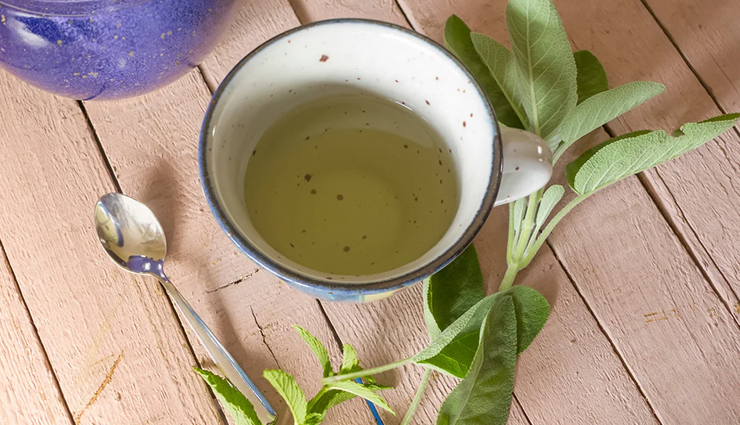
# Sage
Wisdom is aptly likened to sage, as this herb not only enhances memory but also promotes overall brain health. Sage, a member of the mint family, originates from the Mediterranean region, boasting a robust flavor and a rich profile of antioxidants and vitamins.
Abundant in vitamins K, A, E, and C, sage has been linked to increased antioxidants and a reduction in harmful cholesterol levels, as indicated by studies on sage tea.
Beyond its culinary applications, sage has a longstanding tradition in improving dental health due to its antimicrobial properties. Research has associated sage oil with mouthwash, revealing a decrease in the number of streptococcus mutans colony-forming units, contributing to better oral hygiene.
Moreover, sage has been identified as beneficial in enhancing insulin sensitivity and reducing blood sugar levels. This versatile culinary herb can be incorporated into teas and extracts and serves as an excellent addition to various dishes, including soups, roasts, vegetables, and herb butter.





